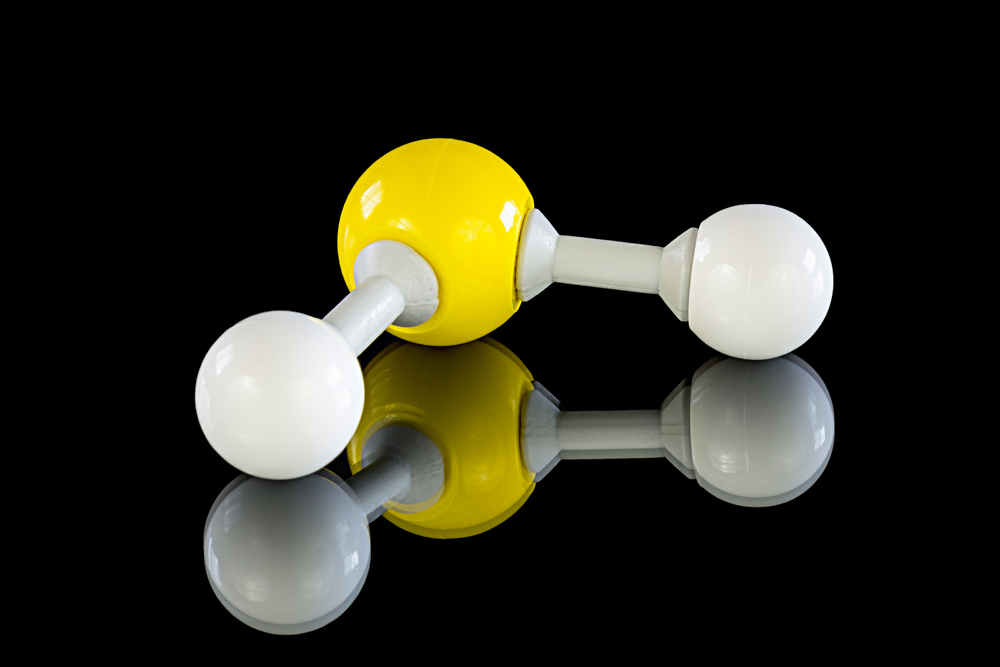 Dr. Lacy Alexander, kinesiology professor at Penn State, and colleagues are developing several studies to assess the role of hydrogen sulfide in the prevention and reduction of hypertension.
Dr. Lacy Alexander, kinesiology professor at Penn State, and colleagues are developing several studies to assess the role of hydrogen sulfide in the prevention and reduction of hypertension.
Hydrogen sulfide is widely considered a regular toxic malodorous gas and is now being examined to understand its probable role in the regulation of blood pressure.
In one of Dr. Alexander’s projects, published in The Journal of Physiology, young and healthy individuals who did not suffer with high blood pressure were evaluated. “We had to start with what happens in healthy subjects before we can turn our attention to what happens with disease. We want to develop treatments to help treat and/or prevent cardiovascular disease by capitalizing on this hydrogen sulfide pathway,” said Dr. Alexander in a press release.
During the research, the team infused a solution containing precursor chemicals to deliver hydrogen sulfide into the participants’ forearm skin. This allowed them to measure how blood vessels respond to hydrogen sulfide. “The solutions were directly administered to a very small area of skin about the size of a dime using a technique called microdialysis. This technique allows us to give tiny quantities of these solutions directly to the skin where they can interact with the vessels directly. It is a very powerful technique because the solutions do not affect the entire body, and we can essentially perform many different experiments at the same time in one forearm,” explained Dr. Alexander.
The results of this study suggested that in healthy and young adults, hydrogen sulfide widens blood vessels in skin’s circulation. When it happens, blood flow increases without significant fortification of vascular resistance, enhancing it due to dilation and resulting in decreased blood pressure in the context of systemic intervention.
“Our future plans include working with hypertensive individuals and also examining the effects of a treatment that gives back a small amount of hydrogen sulfide while treating high blood pressure,” Dr. Alexander added.


